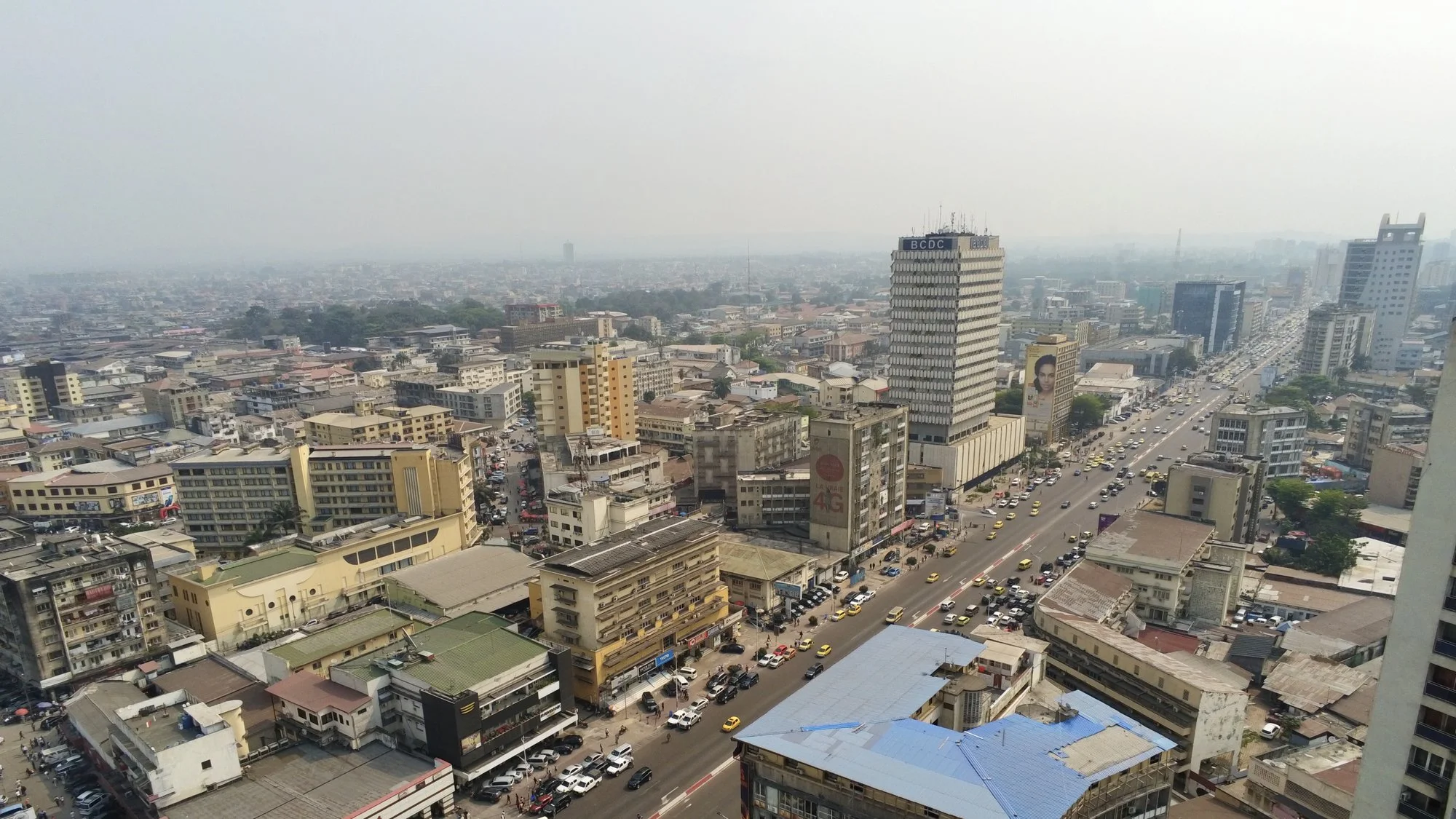The Democratic Republic of Congo (DRC) is facing an extended election period due to significant logistical challenges.
On the designated day for elections, a significant number of polling stations in the Democratic Republic of Congo, Africa’s second-largest country, failed to open.
This situation compelled the authorities to prolong the voting process into a subsequent day.
President Felix Tshisekedi, running for a second term, faced these election challenges amid a period of economic growth in one of the world’s poorest countries.
The extension of the vote sparked criticism from opposition parties. They claimed the move violated the constitution and called for a rerun of the election.
Reports indicated widespread issues, including malfunctioning voting machines and instances of violence at some polling locations.
Presidential candidate Moise Katumbi alleged irregularities and insisted on only accepting results posted at each polling station.

Nobel Peace laureate Denis Mukwege also criticized the chaotic voting process, raising concerns about potential electoral fraud.
Meanwhile, the former ruling coalition, the Common Front for Congo, denounced the elections as a sham.
Concerns about the election’s credibility
Observers and civil society groups voiced concerns about the election’s credibility. Issues like malfunctioning electronic voting systems and violent attacks were noted.
Despite these challenges, the vote was mostly peaceful, although some incidents of violence and disruption were reported.
The election commission (CENI) acknowledged the delays and defended the decision to extend the vote.
They stated that around 70% of voters had been able to cast their ballots on the first day.
However, the opposition’s concerns reflect deeper issues of transparency and fairness in the DRC’s electoral process.
This election is crucial for the DRC, a country rich in minerals but plagued by poverty.
The outcome and its legitimacy could have significant implications for the nation’s future and regional stability.
The DRC’s role as a major producer of copper and cobalt, crucial for the global shift towards sustainable energy, adds to the significance of these elections.

